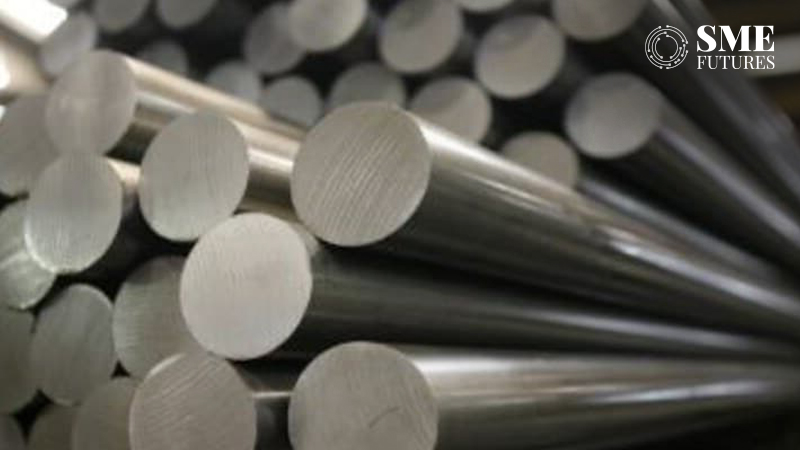The Centre on Thursday set the target of achieving 500 million tonnes of steel production by 2034, urging the industry to find new ways towards low emission, high productivity, high quality and the use of artificial intelligence (AI).
The country’s crude steel production shot up by over 35 million tonnes in the last four years, from 109.14 million tonnes in 2019-20 to 144.30 million tonnes in 2023-24, as per the latest government data last month.
Addressing the ‘ISA Steel Conclave’ in the national capital, Union Minister of Commerce and Industry, Piyush Goyal, said the industry leaders should focus their energy on economies of scale through decarbonisation, as “green steel will be in more demand”.
“This is India’s decade to show innovation, inclusion, collaboration and cooperation among different sectors of Indian industries to realise the vision of Viksit Bharat,” said the minister.
Hailing the steel industry for branding domestic steel as a ‘Made in India’ product, Minister Goyal said it is a signal of “our growing Atmanirbharta”.
“Steel made and consumed in India is reflective of our nationalist spirit,” the minister told the gathering.
The Commerce Minister also asked the industry to utilise AI to optimise production, reduce waste and improve efficiency across the value chain, urging the industry leaders to integrate indigenous machinery for domestic production.
Meanwhile, India’s core sector, comprising industries such as coal, electricity, steel, and cement, posted a 6.1 per cent growth in July after having slowed to 4 per cent in June. The growth in steel production rose to a three-month high of 7.2 per cent in July, compared with 6.7 per cent in the previous month.
At the event, Minister Goyal said that domestic industry should be given a level playing field, adding that the Centre will take up the issue related to Carbon Border Adjustment Mechanism (CBAM) in discussions with steel industry leaders to promote sustainable manufacturing in the sector.
“The investments made in the capacity building will be beneficial in the long run,” he said, assuring the stakeholders that the government is fully committed to safeguard the interests of the industry.











